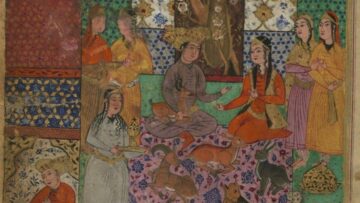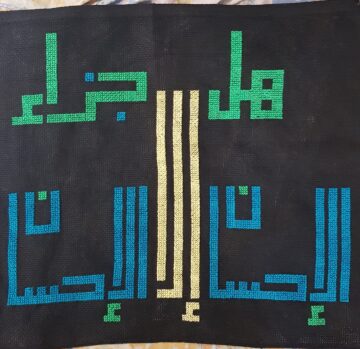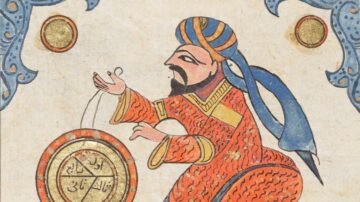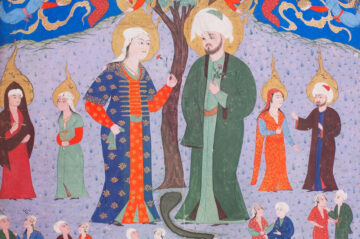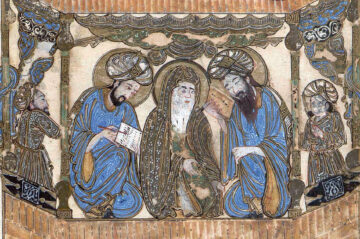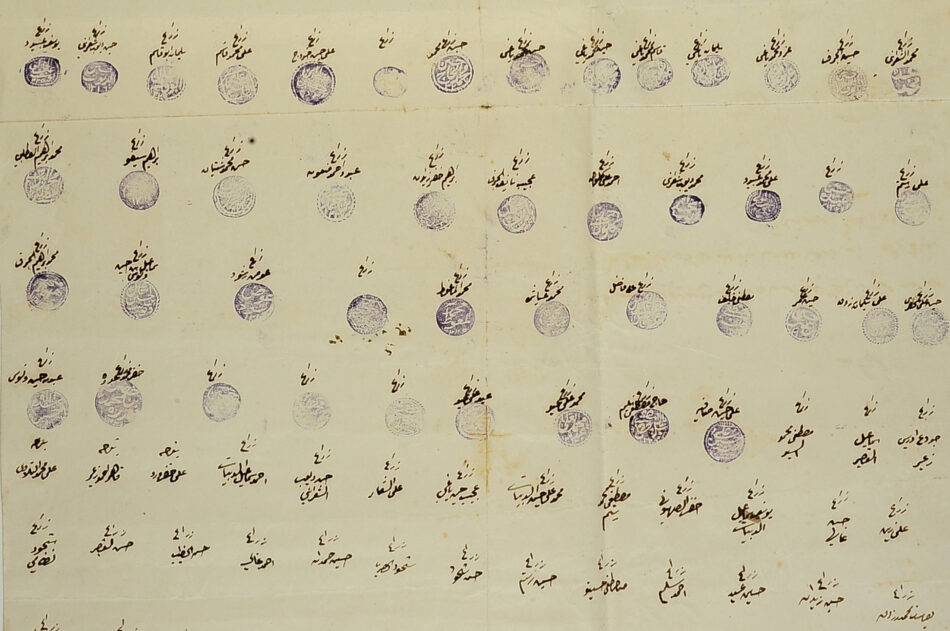
-
Status
Ended -
Date
06 Aug 2024 -
Location
Online
Agricultural and administrative reforms in Ottoman Syria and their impact on the City of Salamiyya and its Ismaili Population
This lecture will be held in Arabic at 16.00 BST (18.00 SYR)
The lecture deals with the Ottoman second Tanzimat (reforms) that were announced and implemented in the second half of the nineteenth century and how these reforms had their impact on the city of Salamiyya and its Ismaili population. In particular, we will examine the agricultural reforms represented by the Land Code of 1858 (Arazi Kanunnamesi), the land registration law of 1861 known as the tapu, and others. We will explore how these laws played an important role in the expansion of the agricultural area in Salamiyya and its surroundings, land ownership and the types of crops that were grown there, in addition to other contributions that helped making Salamiyya a distinct town in Ottoman Syria in the last decade of Ottoman rule.
We will also examine the Ottoman administrative reforms represented in the Wilayat (Vilayet) Law of 1864, which participated in placing Salamiyya on the map of the administrative hierarchy in Ottoman Syria through the official recognition of Salamiyya as an administrative unit in the 1880s. Throughout the lecture, we will explore the role the Ottoman authorities and Salamiyya’s Isma‘ili inhabitants played in implementing these reforms and in advancing Salamiyya from a small village to a district with its own municipal council with a number of its residents as members of it.
Speakers
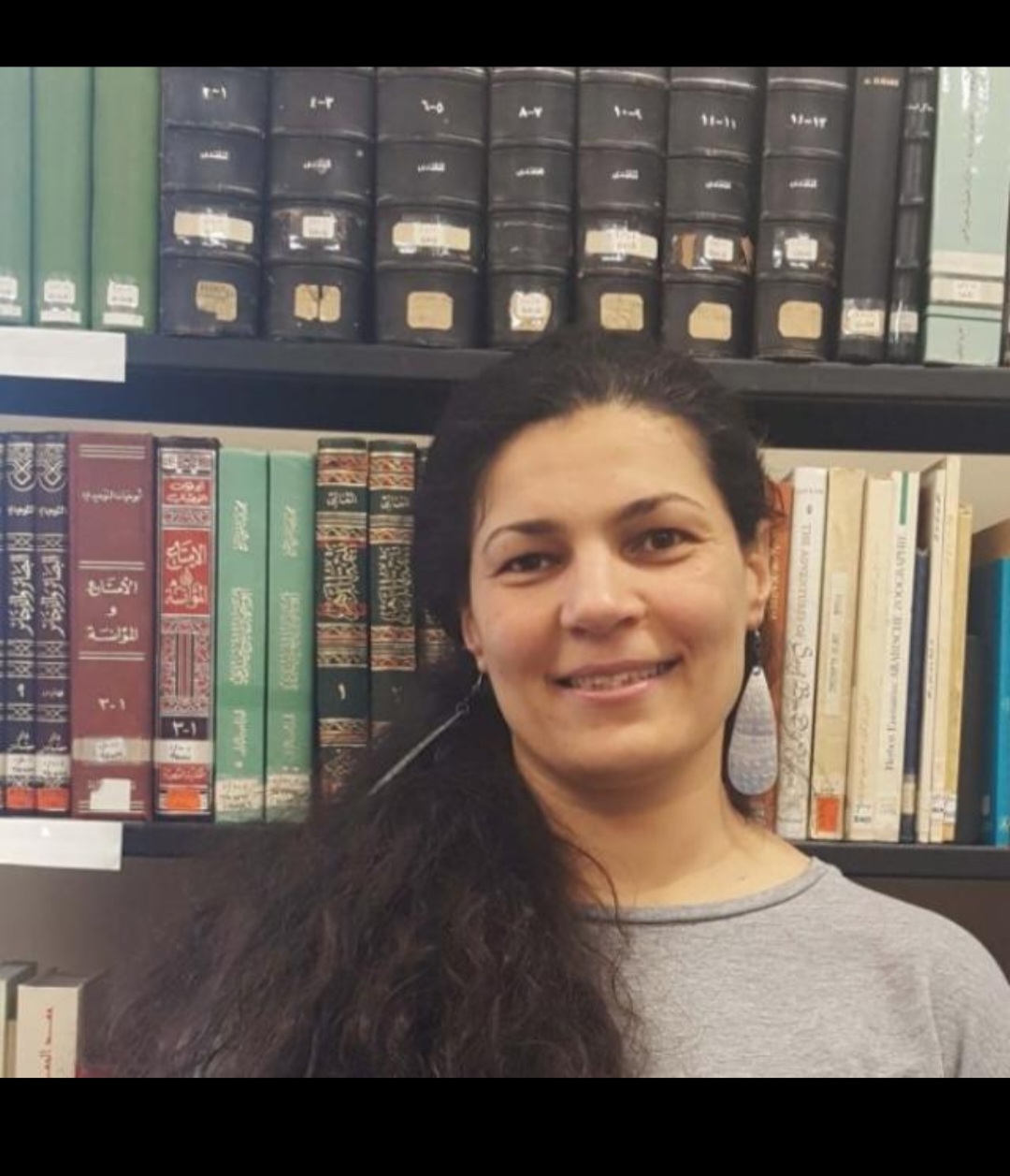
Ula Zeir
Ula Zeir has a PhD in Islamic and Middle Eastern Studies from the University of Edinburgh. The title of her thesis is “The Resettlement of the Syrian Ismaʿilis in Salamiyya in the mid-Nineteenth-Century Ottoman Syria“. Ula’s work has been heavily enriched by the Ottoman archival materials, and the oral tradition of the Syrian Ismaili community. Currently, she works as a Content Specialist/Arabic Language and Gulf History at the British Library in London. Her research interests include the Social and Cultural History of Greater Syria, the Middle East and the Gulf region; Ottoman History; Archival Research; Folk Music; Oral History; Arabic Poetry; and Sufism.
Ula has presented academic papers at a number of academic institutions including the Department of Islamic and Middle Eastern Studies at the University of Edinburgh; the Institute of Ismaili Studies; UCL’s Institute of Archaeology; the Woolf Institute at the University of Cambridge; the Middle East Technical University (Orta Doğu Teknik Üniversitesi), Ankara; the Institut français du Proche Orient (Ifpo), Beirut; and the Department of History and Islamic Civilization at the University of Sharjah. Ula also presented at the Ismaili Centre in Dubai; and the National Ismaili Council of Syria. In 2011 and 2013, she worked as an independent researcher at the Prime Ministry State Archives in Istanbul, Turkiye, which earned her the knowledge and expertise in Ottoman archival materials.
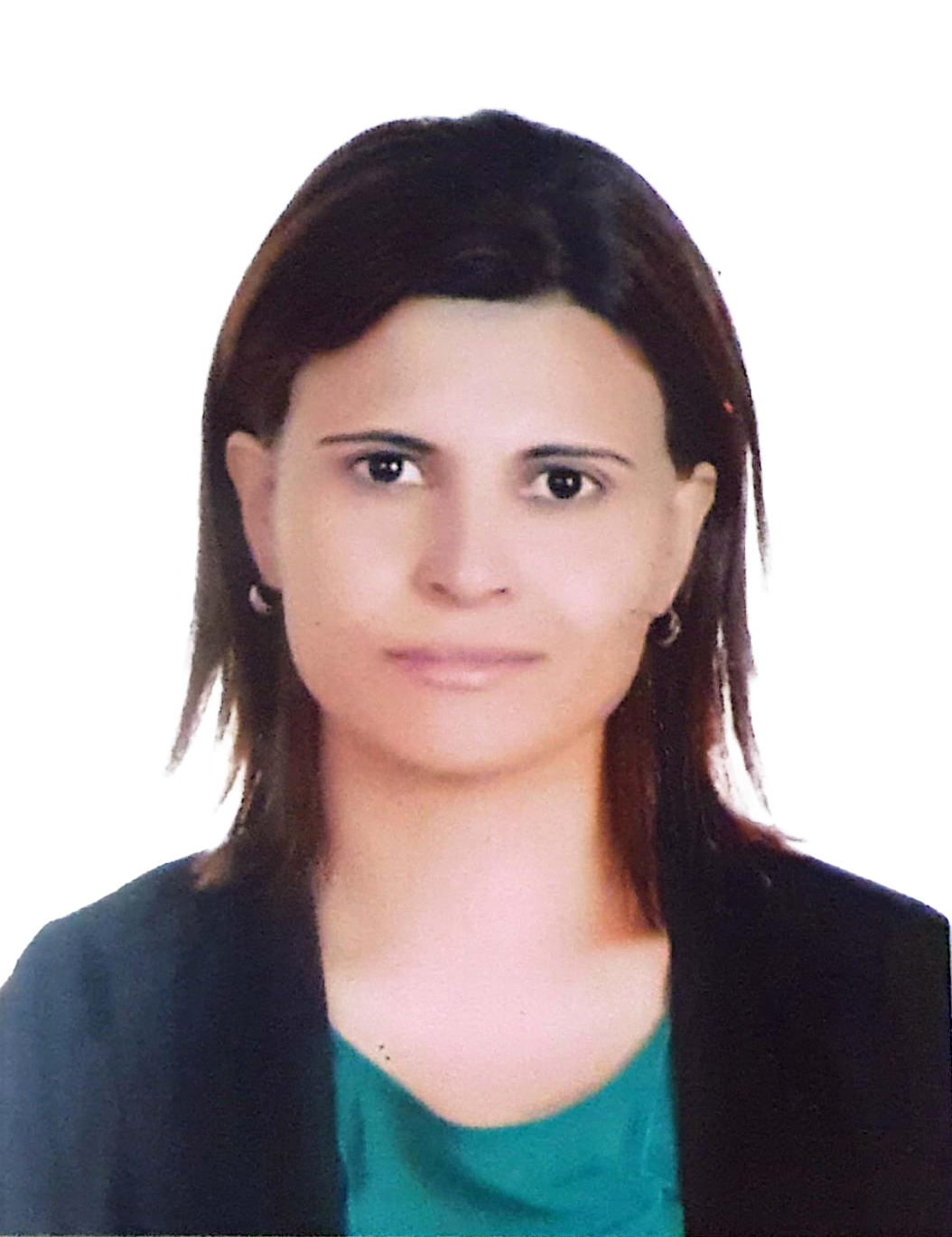
Dr Nuha al-Sha‘ar
Associate Professor
Dr Nuha al-Sha‘ar has a PhD in Islamic and Middle Eastern Studies from the University of Cambridge, MPhil in Educational Research from the University of Cambridge and an MA in African and Asian History the School of African and Asian Studies, SOAS. She has taught at various academic institutions in the UK, and the Arab world. Find out more on Dr Nuha al-Sha‘ar’s research and publications.
Image from Başbakanlık Devlet Arşivleri/ the Prime Ministry State Archives in Turkiye. Used with permission.
Please note this lecture will be recorded and used across our website, newsletters and social media accounts. These could include speakers during the talk, and Q&A submissions.
Views expressed in this lecture are those of the presenting scholars, not necessarily of IIS, the Ismaili community or leadership. Promotion of this lecture is not an explicit endorsement of the ideas presented.
الإصلاحات الزراعية والإدارية في سوريا العثمانية وتأثيرها على مدينة سلمية وسكانها الإسماعيليين
يتناول موضوع المحاضرة الإصلاحات العثمانية التي تم الإعلان عنها والعمل بها في النصف الثاني من القرن التاسع عشر ومدى تأثير هذه الإصلاحات على مدينة سلمية وسكانها الإسماعيليين آنذاك. وعلى وجه الخصوص سنبحث في الإصلاحات الزراعية متمثلة بقانون الأراضي لعام 1858، وقانون الطابو لعام 1861، وغيرهما. ودور هذه القوانين في توسيع البقعة الزراعية في سلمية ومحيطها، وملكية الأراضي وأنواع المحاصيل التي كانت تزرع فيها، بالإضافة إلى إسهامات أخرى جعلت من سلمية بلدة متميزة عن غيرها من باقي مدن سوريا العثمانية في العقد الأخير من الحكم العثماني.
كما سنبحث في الإصلاحات الإدارية متمثلة بقانون الولايات لعام 1864، وما كان لها من دور في وضع سلمية على خريطة السلم الهرمي الإداري في سوريا العثمانية وذلك من خلال الاعتراف بسلمية رسميا كوحدة إدارية في ثمانينيات القرن التاسع عشر. من خلال المحاضرة، سنتعرف على الدور الذي لعبه كل من العثمانيين وسكان المدينة، الإسماعيليين، في تطبيق هذه الإصلاحات والنهوض بسلمية من قرية صغيرة إلى قضاء له مجلسه البلدي الخاص ويساهم في عضويته عددٌ من أبناء سلمية.
المحاضر

عُلا زعير
حصلت عُلا محمد زعيرعلى شهادة الدكتوراه في الدراسات الإسلامية والشرق أوسطية من جامعة إدنبرة المملكة المتحدة. وعنوان أطروحتها هو: استقرار الإسماعيليين السوريين مجدداً في سلمية في سوريا العثمانية أواسط القرن التاسع عشر. وقد أثرَت علا عملها بشكل كبير بالمواد الأرشيفية العثمانية والتقاليد الشفهية للإسماعيليين السوريين. وتعمل حاليّاً كمتخصصة محتوى أرشيفي/ لغة عربية وتاريخ الخليج في المكتبة البريطانية في لندن. وتشمل اهتماماتها البحثية التاريخ الثقافي والاجتماعي لبلاد الشام، الشرق الأوسط ومنطقة الخليج؛ والتاريخ العثماني؛ والبحوث الأرشيفية؛ والموسيقى الشعبية؛ والتاريخ الشفوي؛ والشعر العربي؛ والتصوف.
قدمت عُلا أوراقاً أكاديمية في عدد من المؤسسات الأكاديمية بما في ذلك قسم الدراسات الإسلامية والشرق أوسطية في جامعة إدنبرة، ومعهد الدراسات الإسماعيلية، ومعهد الآثار التابع لكلية لندن الجامعية، ومعهد وولف التابع لجامعة كامبريدج، وجامعة الشرق الأوسط التقنية في أنقرة، والمعهد الفرنسي للشرق الأدنى في بيروت، وفي قسم التاريخ والحضارة الإسلامية في جامعة الشارقة. كما قدمت محاضرات في المركز الإسماعيلي في دبي، وفي المجلس الوطني الإسماعيلي في سوريا. وفي عامي 2011 و2013 عملت عُلا كباحثة مستقلة في أرشيف الدولة التابع لرئاسة الوزراء في إسطنبول، مما أكسبها معرفة وخبرة في المواد الأرشيفية العثمانية.

نُها الشعّار
نُها الشعّار حازت على درجة الدكتوراة من جامعة كامبريدج، وهي أستاذ مشارك في قسم الدراسات القرآنيّة في معهد الدراسات الإسماعيليّة في لندن، كمّا تدرّس التاريخ الفكري الإسلامي والفلسفة الإسلاميّة والأدب العربي في الجامعة الأمريكيّة في الشارقة وجامعة لشبونة في البرتغال. ترّكز في بحثها على دراسة علم الأخلاق في السياقات الإسلاميّة وعلى تلقي القرآن في الأدب الإسلامي القديم ، وعلى تقاليد التفسير القرآني وأخلاقياته. من مؤلفاتها: الأخلاق في الإسلام: الصداقة في الفكر السياسي لأبي حيّان التوحيدي ومعاصرية (2015، بالإنكليزيّة) والكتاب الذي اشتركت في كتابته مع باحثين آخرين عن اللّه والعالم: طبعة نقديّة عربيّة وترجمة انكليزيّة لرسائل إخوان الصفاء 49-51 (مطبعة جامعة أكسفورد، 2019 بالإنكليزيّة). كمّا حرّرت وشاركت في العديد من الكتب من بينها: الإسلام في صقليّة: تفاعلات وتراث، و كتاب القرآن والأدب: تشكيل التقاليد الأدبيّة في الإسلام القديم (مطبعة جامعة أكسفورد، 2017 بالإنكليزيّة)، ومجلدات أخرى. وتقوم حالياً بإعداد كتاب عن الأخلاقيّات والتفاسير القرآنيّة. تشارك في هيئة تحرير العديد من السلسلات المتعلقة بالدراسات الإسلاميّة ومن ضمنها: مقاربات جديدة في الدراسات الإسلاميّة في جامعة إدنبرا، وسلسلة دراسات في علم الأخلاق في السياقات الإسلاميّة.

